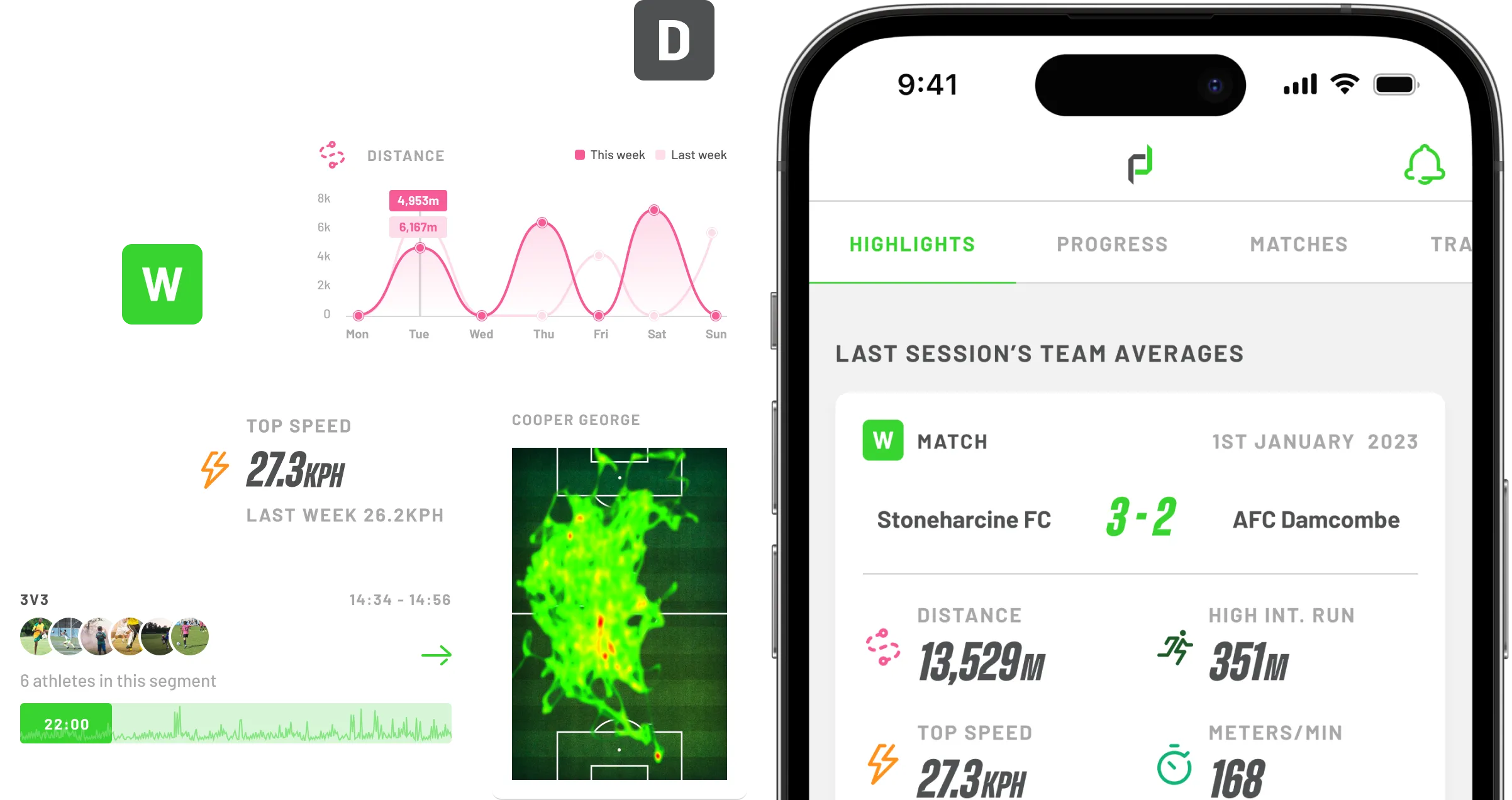Last year I took part in the lockdown equivalent of a night at the pub: a few beers on a Zoom call. My friend Stewart Bicker, who is a trainee Sport Psychologist studying a professional doctorate at Liverpool John Moores University, mentioned that there was a real split between athletes dropping off the radar completely, not doing anything, or really buying into their psych work due to little else to do. This was a surprise; I just assumed they would be doing the latter. Needing to know more I decided to give him a call and ask him a few questions on the subject. What we discussed was incredibly interesting so I thought I’d take the opportunity, given the ever-extending lockdown, to share the best bits from our chat here.
An athletes identity can be severely impacted by a change in routine, leading to potential mental health issues.
For some athletes, the major problem with the lockdown has been how athletes are viewing themselves. In regular day-to-day life they wake up early, have a healthy breakfast, attend training, healthy lunch, train again, complete some rehab, get home and eat well again in repetition every day until the offseason. This routine and focus is a prime factor in how they define and view themselves. So when that cycle is interrupted, and the athlete cannot do those things, it can have damaging effects.
“What we’ve seen from those who have dual careers, whether they work (...) whether they are doing higher education, these sorts of athletes are able to frame the situation in a way that they’ve still got something outside their sport if that’s taken away.” (Bicker)
This could explain why some athletes have decided not to increase their time working with their sports psychologist during this time. If athletes do not have work outside of sport and are struggling with filling their time now they cannot be out of the house training, there is temptation everywhere to use the time to completely destress from their current workload. This is also backed by an article by Batey & Parry (2020) at Winchester University who, when talking about the athletic identity, note that athletes are “more likely than the general population to experience a mental health disorder during interruptions to their career.”
There is one particularly effective tool to reset one’s mindset; accepting it and what you can control
The major focus point Stewart has found to work on with athletes is accepting that they cannot change this situation they are in. He said “there are a lot of elements of the notion of acceptance around the situation and utilising the controllables.” These controllables could cover a variety of things, so by “finding things that interest you like hobbies, vocations, whatever it might be,” this brings back an element of structure to many athletes who are used to having that level of control within their lifestyle.
Skills and experiences athletes might have gained and how will it help them in the future
“There are going to be a lot of transferable skills; a lot of skills that athletes maybe learnt through this experience.”
If you can learn to be flexible around your emotions, being able to function and perform with them, whilst also showing a compassionate attitude towards your current circumstances and in the face of adversity, these skills could also find a place in competition day.
Stewart highlighted as well that this time could be a moment for athletes to realise how many niggling injuries they can now rehab;
“We’ve got this situation where we’re under lockdown for 3-4 months however when reframing this, it will give me (the athlete) an opportunity to recover from injuries”.
Sportspeople are notorious for “sucking it up” and playing through pain and niggles. Oftentimes this becomes the norm and they forget how it feels to play completely pain-free. Perhaps, by having had time to recover and realise how they should feel, this could be the catalyst for long term changes in their training and competition loads.
How might teams interact back in the real world and not online?
Stewart’s final point was around how athletes are having to get used to a new way of communicating and how that could affect their camaraderie once back;
“It will be interesting what that’s like going back into sport when play begins again. To kind of see what the dynamics are like in the teams and how team zoom sessions and all this kind of stuff that they’ve been doing, (have helped) connect with each other.”
Players have found the need to actively reach out to their teammates and fellow athletes to gain human interaction and connection. Previously it was a given they would see their teammates and/or coaches every day at training, but now there has been a conscious effort to reach out. Enterprising coaches will try to find a way to keep this level of interaction up where it isn’t taken for granted.
I really hope this conversation has been as insightful for you as it was for me. For all the coaches out there I think it might have given you an insight into how some of your players' mindsets differ. For players, did you see any similarities in yourself? Big thanks to Stewart as well, if you would like to get more information from him about how athletes can be helped in these times you can email him at stewartbicker@outlook.com. If you want to get more information on your own player’s current mindsets, don’t forget we have our survey system which can be used to track players internal load and provide an insight into their current thoughts and feelings. For more info on that drop an email to info@playerdata.co.uk.
Articles
https://www.sportsinjurybulletin.com/keeping-athletes-mentally-healthy-during-a-pandemic/
https://www.apa.org/members/content/athletes-covid-19
Elliot McMahon - February 2021











